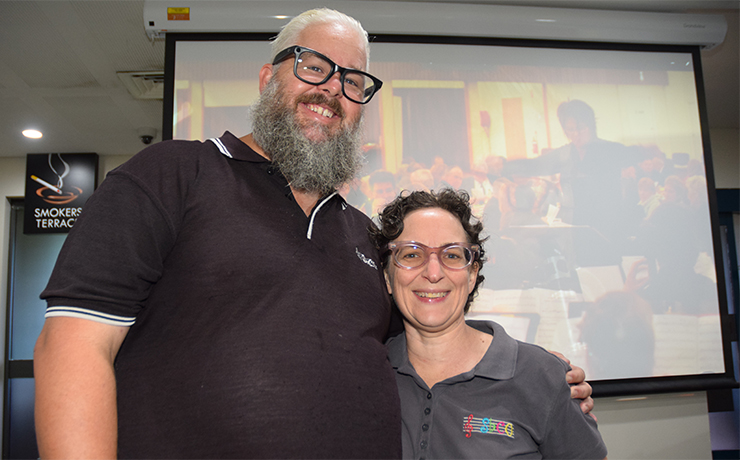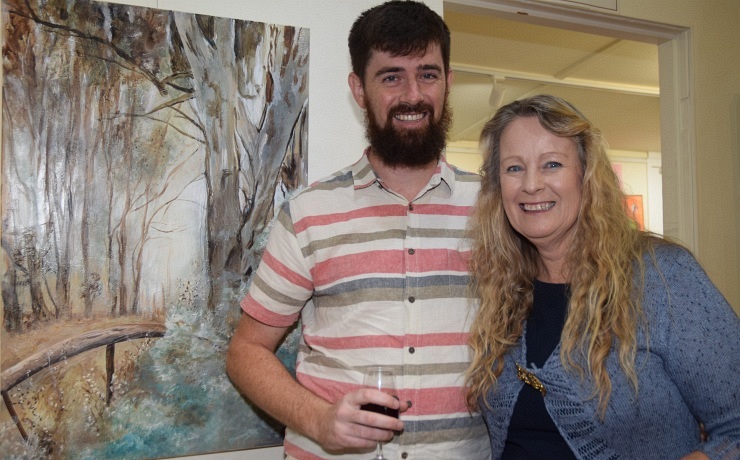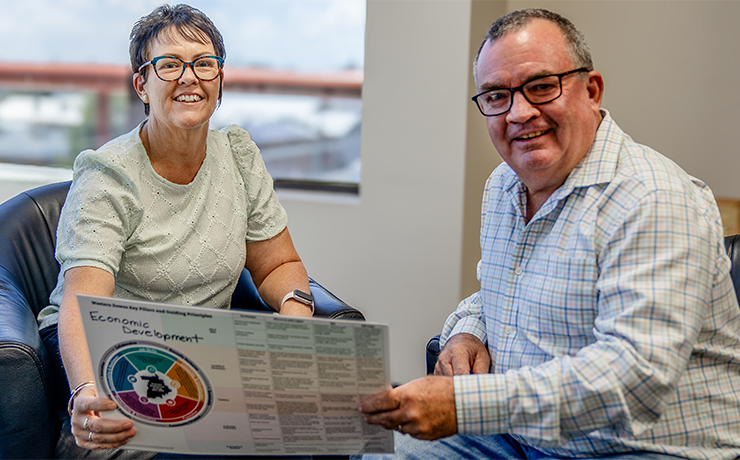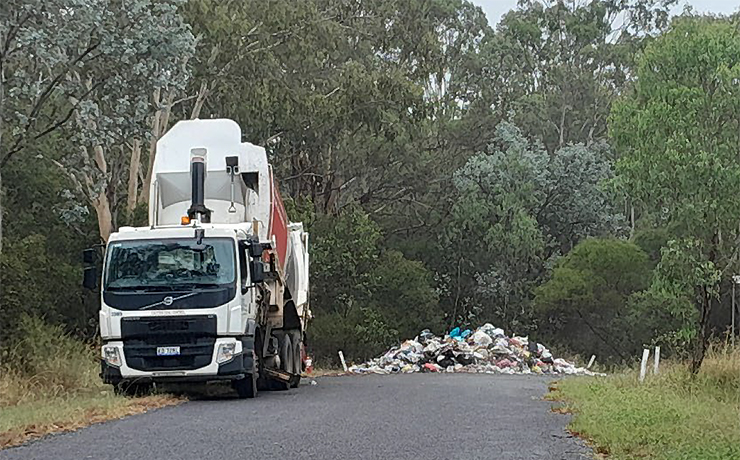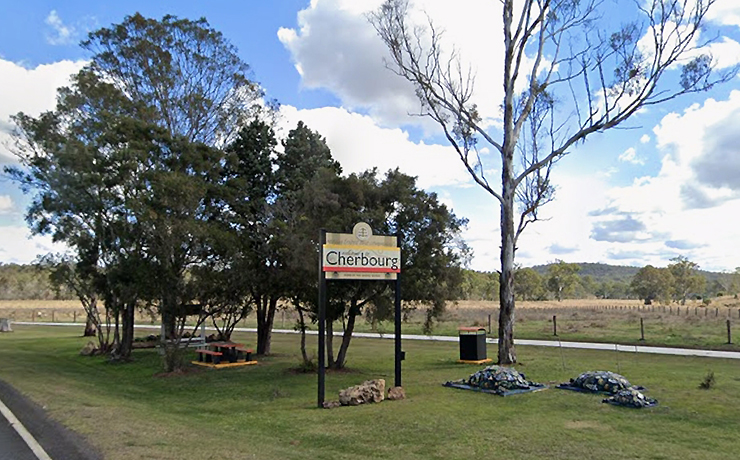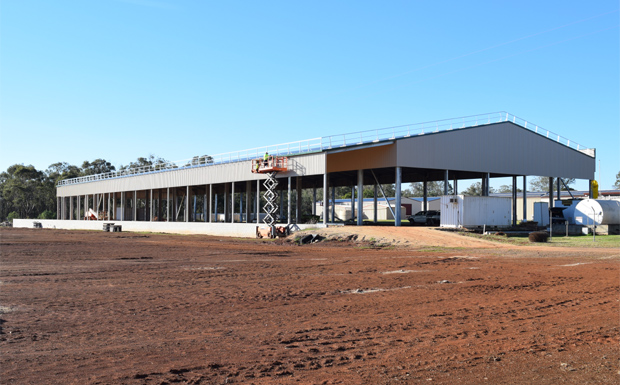
November 29, 2022
The Federal Court has fined Alkaloids of Australia Pty Ltd $1.98 million and sentenced its former export manager to jail for engaging in criminal cartel conduct.
The company, which operates a major duboisia processing facility in Memerambi, pleaded guilty last November to three charges and admitted a further seven offences involving price fixing, bid rigging, output restriction and market allocation cartel arrangements with overseas pharmaceutical ingredient suppliers.
In October last year, the company’s former export manager, Christopher Kenneth Joyce, pleaded guilty to charges relating to the same conduct.
The cases were prosecuted by the Commonwealth Director of Public Prosecutions after an investigation by the Australian Competition and Consumer Commission.
Alkaloids of Australia produces scopolamine N-butylbromide, the active ingredient used in common anti-spasmodic medications, from duboisia grown around the Kingaroy district.
The Federal Court took into account the early pleas when determining the sentences.
Alkaloids of Australia was convicted and fined $1,987,500. The maximum fine the company could have faced was $10 million for each offence, or three times the benefits obtained.
Joyce was also convicted and sentenced to 32 months’ jail, to be served as an intensive corrections order including 400 hours of community service.
He was also disqualified from managing corporations for five years and fined $50,000.
Joyce could have faced a maximum sentence of 10 years’ jail or fines of up to $444,000, or both.
“We welcome these outcomes, which should serve as a strong reminder that criminal cartel conduct is a serious offence attracting serious consequences, including significant fines, banning orders, and imprisonment for individuals,” ACCC Commissioner Liza Carver said.
“The sentence imposed on Mr Joyce is the longest sentence of imprisonment imposed on an individual under the criminal cartel laws so far.”
The charges relate to five years of conduct from July 2009, when criminal cartel laws came into force in Australia.
“This was a particularly concerning and serious case of cartel conduct by Alkaloids of Australia over a sustained period which included price fixing that had worldwide impact,” Ms Carver said.
The court was told that Joyce, acting on behalf of Alkaloids of Australia, regularly met at industry conventions and communicated via email and phone with competing manufacturers of scopolamine around the world.
They agreed to fix a minimum price, to allocate customers between each other and to arrange what price would be quoted to customers to ensure a particular manufacturer won the sale.
Joyce, acting on behalf of Alkaloids of Australia, also attempted to induce competing scopolamine manufacturers to limit the production of scopolamine and/or its precursor plant, duboisia.
“Alkaloids of Australia produces and supplies an active ingredient derived from a plant predominantly grown and processed in the Kingaroy region in Queensland and exported for use in medications globally, so the cartel conduct potentially increased prices for consumers and businesses around the world,” Ms Carver said.
“Investigating serious cartels remains an important priority for us because of the harm such anti-competitive conduct has on consumers, other businesses, and the economy as a whole.”
Related articles:















